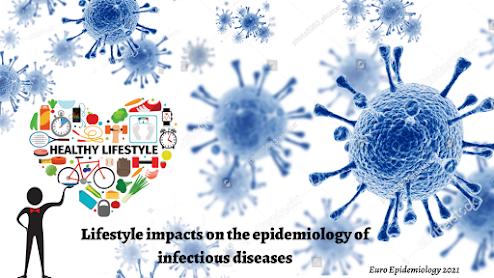Can diabetes insipidus caused by drinking too much water?

Dipsogenic diabetes insipidus is induced by drinking too much fluid and is unrelated to ADH. It happens when the system which causes thirst is disrupted, causing a person to drink too much water even when no fluid is required. A person with diabetes insipidus may urinate three liters or more per day, compared to the average of one to two liters. Patients frequently need to urinate in the middle of the night. These individuals are in danger of dehydration because they are losing a lot of water in their urine. Diabetic insipidus patients have excessive thirst and drink more water. If a patient does not have water to drink, he or she will not be able to compensate for the fluid loss, and the chemicals inside the body will become "concentrated." Dipsogenic diabetic insipidus has no known therapy. Diabetes insipidus can cause dehydration or overhydration, among other problems. Complications can be serious, even life-threatening if left untreated. The kidneys do...




